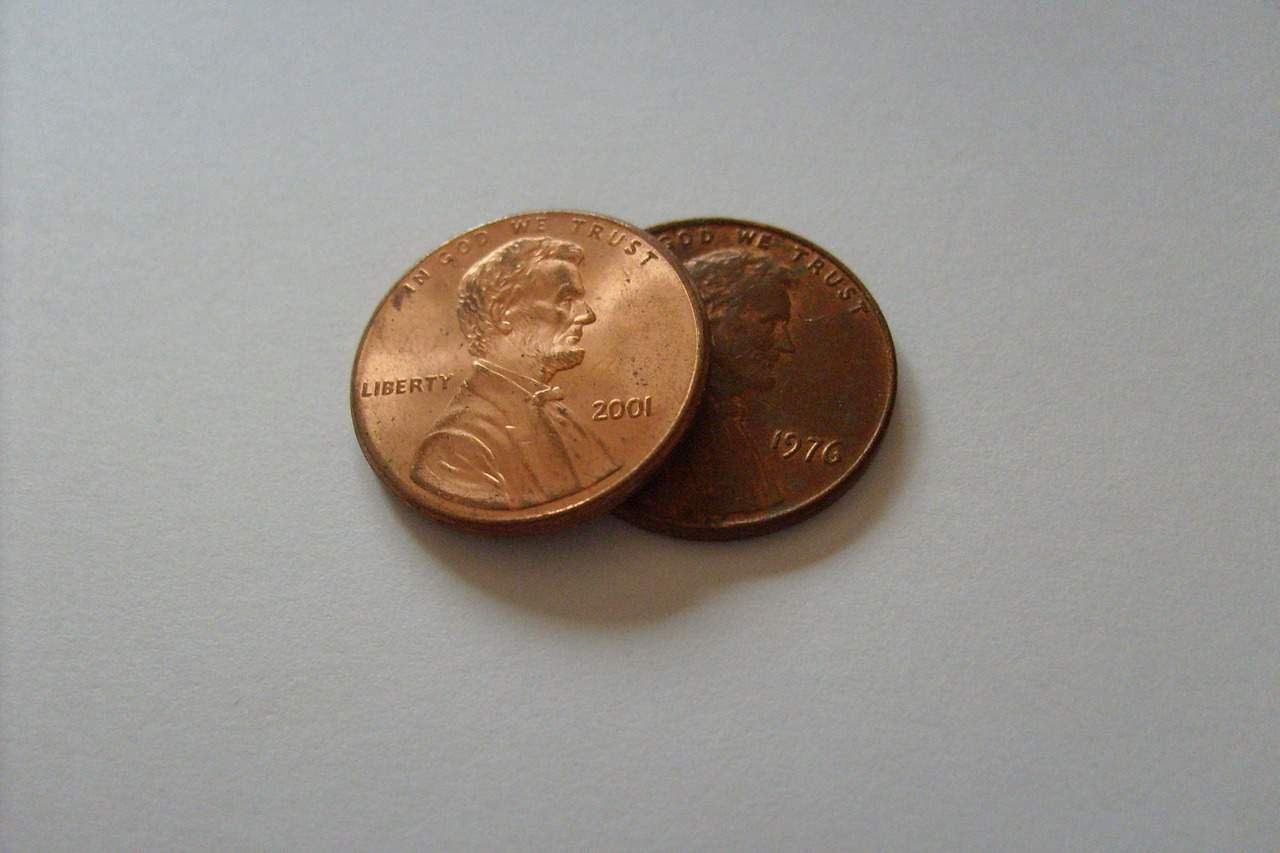 If you have an ignition interlock or car breathalyzer in Virginia, there are certain expectations that you must fulfill in order to remain compliant with the court. Living your life after a DUI can be complicated, considering the court costs and fines, community service and your ability to legally drive. Oddly, driving with an ignition interlock after a DUI is one of the least complicated issues you’ll confront after your conviction, as long as there aren’t any violations.
If you have an ignition interlock or car breathalyzer in Virginia, there are certain expectations that you must fulfill in order to remain compliant with the court. Living your life after a DUI can be complicated, considering the court costs and fines, community service and your ability to legally drive. Oddly, driving with an ignition interlock after a DUI is one of the least complicated issues you’ll confront after your conviction, as long as there aren’t any violations.
Virginia ignition interlock violations will have a direct impact on your ability to keep driving legally, or how long you are required to use the device. Many times, however, an ignition interlock violation can be quickly “fixed” by a person who hasn’t had any alcohol to drink and accidentally went through the initial start-up test incorrectly. Virginia ignition interlock violations include:
- A blood alcohol concentration (BAC) of .02% or higher on any interlock test.
- Skipping a “rolling” re-test when the vehicle is in motion.
- Concealing your identity for a test (asking another person to blow into your device, for example).
A BAC violation is the easiest to correct, as you are allowed to submit more than one breath sample when the error occurs. These types of ignition interlock violations can happen due to improperly submitting a breath sample, or due to the presence of alcohol in your mouth from mouthwashes or medications. Within 15 minutes, if you submit a clean breath sample, no violation will be recorded. A “rolling” re-test violation will also allow the same 15 minute time frame to submit a breath sample, with the understanding that you cannot always find a safe way to blow into your breathalyzer while driving. As for concealing your identity, there’s no excuse. Don’t do it.
Violating your commitment to sober driving is the only complication you’ll face with an ignition interlock, and with the further restrictions on your ability to drive, it seems pretty simple to just “blow and go” and look forward to a better future after your DUI.

 That Texas Ignition Interlock Will Restore Your Freedom
That Texas Ignition Interlock Will Restore Your Freedom